Anne Akiko Meyers shares her expertise on violin techniques, learning methods and music education, as well as insights from the unpredictable world of performance
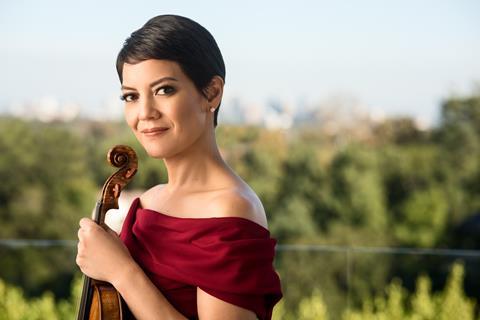
We asked our readers to send their questions about education, technique and learning, with the unique opportunity to have them answered by world-class US violinist Anne Akiko Meyers. Here is a compilation of ten questions encompassing a wide range of topics, accompanied by Anne’s wise words!
Thoughts on studying and competitions…
When auditioning for music colleges, what is the most important factor that determines whether you will be accepted or not?
Being authentic and seeing the audition as a stepping-stone is helpful. Embrace it, own it, and stay humble.
When selecting pieces before a competition, what types of pieces will give a good impression of your artistic ability to the jury?
I advise playing works you feel comfortable with, so that you can push the envelope and sing the phrases through your instrument. Always play with emotion and feeling. One can always hear and feel authenticity.
What advice would you have for someone starting at a music school far away from home?
Try to enjoy and embrace it. I clearly remember when my mother returned to the west coast and I suddenly lived by myself in a studio apartment in New York City, to continue with my Juilliard studies when I was 17 years old. It was scary and daunting, but my work, classes and teachers helped guide me. Friends were a big help too. Remember your family is always a plane ride away and you can text, call and FaceTime them. Setting up a video or written diary might be interesting, and you can look back on your busy life as a student one day. You will be creating pretty special experiences that you will carry on forever.
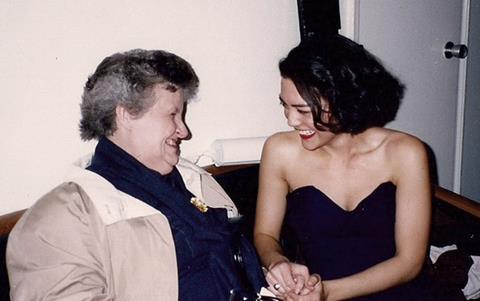
Improving your technique…
I am having trouble mastering octaves, what method do you recommend to perfect them?
Remember that the lower note is the anchor of your floating ship. Secure the bottom note and ‘float’ the higher note. Then add speed and duration. Try not to practise this for too long as your hand will cramp. Don’t expect perfection – seek improvement!
When did you learn ‘perfect’ vibrato and how should one practise it?
Try practising slowly in eighths, sixteenths, triplets, and quarter notes with a metronome. There is no such thing as perfect vibrato. It is an accessory, much like dressing up a note. Create a varied vibrato style for different notes, depending on the composition’s period, mood, and the sound you want to elicit. It is a very valuable tool to help create colour and draw from your palette of accessories.
What exercises do you use to ‘get back in shape’ after having a break from your instrument?
I love playing slow scales, Schradieck and Kreutzer etudes to build hand strength up.
Do you have any tips for smooth bow changes?
Practise bending the finger joints while holding a pen or pencil and keeping your wrist still, while your fingers and finger joints are fluidly going up and down. Now take your bow and keep the same movement in mind. It should feel fluid and free of tension, with your shoulder down applying its natural weight to help draw the sound out. Your flexible finger joints are mainly responsible for smooth bow changes.
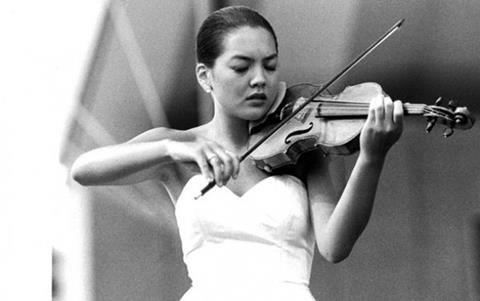
Tips for learning and performing…
Do you have any memorisation techniques?
Play the piece repeatedly in sections and try memorising each section’s feeling and deeply listening to the inner music within the phrases. It’s much like sewing a garment together. Keep pushing at it so you can try it on sooner. Listening to the music if it is not a new piece is helpful too.
What techniques do you have to calm yourself down before walking on stage?
A good stress release is taking long, slow deep breaths. I also tell myself that I’ve prepared as much as possible so it’s time to let go and have fun!
What’s the strangest thing that’s ever happened to you when performing and what did you learn from this?
So many to choose from! From the helicopter hovering overhead when I was performing the gnarly Vieuxtemps Violin Concerto no.5’s cadenza to the sound system suddenly croaking during the Mendelssohn Concerto, a bee buzzing around my head in Prokofiev Violin Concerto no.2 (already hard enough to play it without the fear of getting stung!) to someone in the audience having a medical emergency the very first time I was playing through the Tchaikovsky Concerto (the conductor wasn’t aware of all the commotion and kept going)! These experiences taught me that the show must go on!
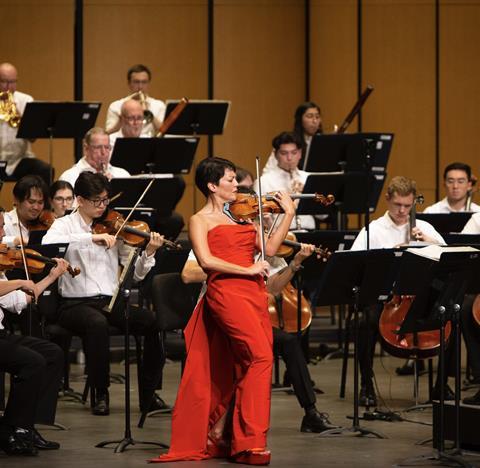
Special thanks to Anne for taking time out of her busy schedule to answer young musicians’ questions

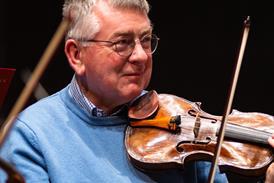
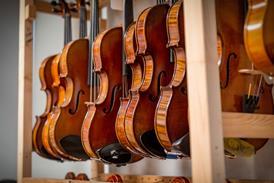
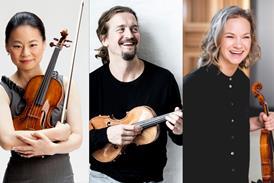
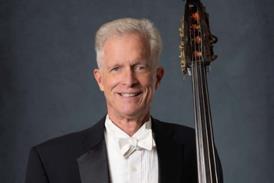

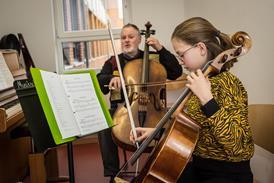
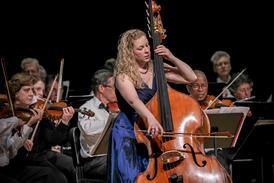

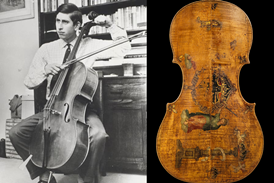
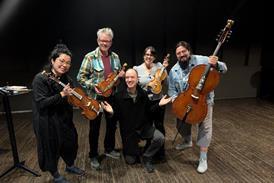
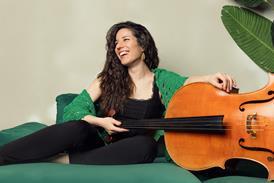
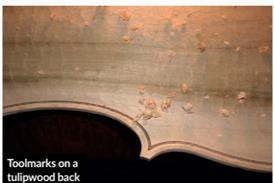
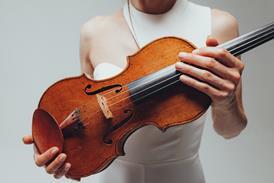
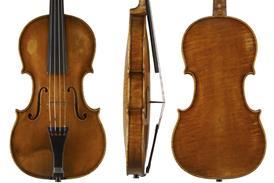




















No comments yet